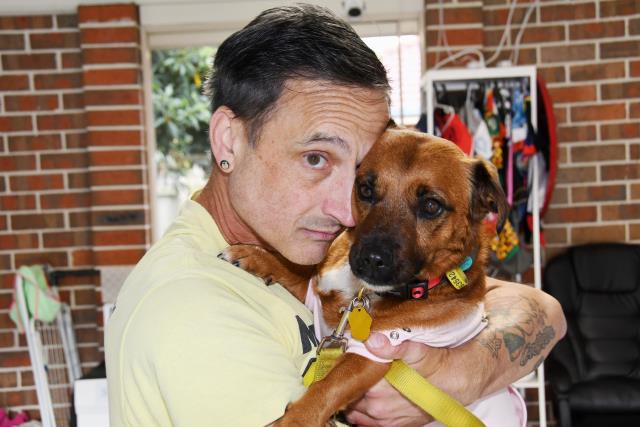A Berwick dog trainer says a lack of pet-owner education is fuelling high levels of dog attacks in Casey.
Power Pooches owner Jake Cini responded to Casey Council data showing more than 350 dog attacks in the region over the past 12 months, highlighting he has helped 120 dogs overcome anxiety and other emotional issues since starting his business 18 months ago.
“I never thought I’d be inundated,” he said.
“I certainly believe we could lower the number (of dog attacks) if Casey Council did what they were supposed to do.”
Berwick, Narre Warren and Cranbourne topped the list of dog attack locations in Casey.
According to Casey Council, there were a total of 382 dog attacks, including 118 rushes, reported between April 2022 and April 2023.
Of those, 164 were dog-on-dog attacks and 100 were dog-on-human attacks, with 18 attacks being prosecuted in court this year.
Mr Cini said the only education service which the council offers was the state government’s Responsible Pet Ownership program for children between the ages of four and 12.
“Everybody should have some level of understanding of body language to own a dog,” he said.
“We need to be able to read our dog’s emotions.”
Most Casey residents can own up to two dogs without a permit, depending on the property size, with 28,013 dogs currently registered with the City of Casey.
Dog owners must keep their dog on a leash in all public places (including footpaths, schools, shopping centres, car parks, tracks and conservation bushland), at an active reserve where an organised sporting event is happening, within 20m of children’s playgrounds and play equipment, at any organised public meeting or at any permanent barbecue or picnic area, as well as any location with signage requesting dogs be leashed.
Out of the 382 reported dog attacks, 60 occurred in Berwick, 39 in Narre Warren and 34 in Cranbourne, while there were a further 33 in Hampton Park and 30 in Endeavour Hills.
Casey Council connected communities manager Sara Ball said the council was required to investigate all dog attacks and other offences relating to domestic animals.
“Authorised officers respond to allegations of dog attack complaints within 24 hours, and immediately if the incident is currently occurring or has just occurred,” she said.
“Our officers investigate all dog attacks that are reported to us through to a conclusion which, depending on the seriousness of the injuries — as prescribed within the Domestic Animals Act 1994 — could be an infringement or prosecution.”
Ms Ball said key measures to keep pets and the community safe included keeping dogs securely confined to a specific property and ensuring they are always under effective control when not not home.
“Public places such as parks and streets are the most common locations for dog attacks, usually involving dogs who had escaped from their home property or who were not being kept under effective control while in public,” she said.
“Evidence shows that most dog attacks and dog rushes occur when dogs are not contained to their property.
“Dogs that have not been adequately socialised with other animals are also more likely to demonstrate aggression if they find themselves not contained to their property, which can lead to instances of dog attacks.”
Mr Cini said education needed to come from all avenues, including where people buy dogs.
“I think there needs to be more of an onus on sellers,” he said.
Mr Cini said he had been bitten by his own dog Sacha when he had to protect a dog which approached her.
“I never blame the dog, it’s the owner,” he said.
“It’s a lot of the friendly dogs that actually cause the issue.”
Mr Cini said Casey Council should look at created an advisory committee consisting of local dog professionals in the area.

















